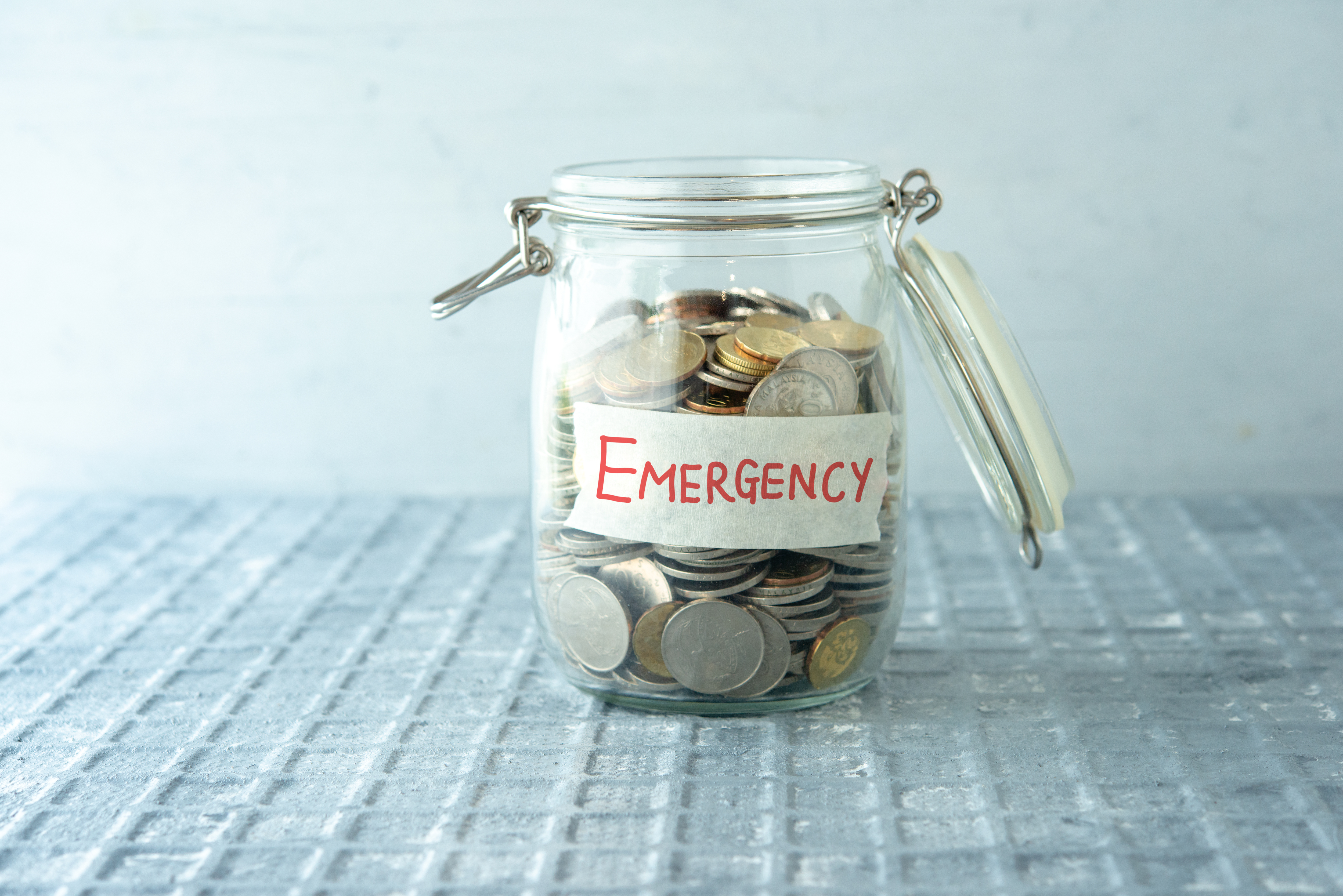5 Tips for Spotting Fraud

Identify the warning signs of fraud before it’s too late.
Online fraud happens every day to thousands of people around the world. The question we all need to ask ourselves is whether we are prepared to spot the signs when a fraudster knocks on our virtual door.
Regardless of your background, or if you are educated or informed, you can still fall victim to online fraud. One of the common sources of fraud are offers of free products or services, cash, or other compensation of some kind.
How can you tell what’s legitimate and what isn’t?
- Slow down
A common theme in many fraud attempts is a sense of artificial urgency created by the fraudster to prevent you from thinking things through. When presented with an enticing offer, stop and think about it. Give yourself time to reflect on it and if the fraudster says it’s only available now, chances are it’s not a real offer. - Apply the ‘Too good to be true’ test
Listen to your gut. If something sounds too good to be true, it probably is.
Here are some real life examples:
Scenario #1: A member was contacted via text about an advertising opportunity: to be paid for driving around with the company’s logoed sticker on their car. The member was told she would be paid $1,000/week for having the sticker on her car as advertising.
The member received a cheque as an initial payment and was told to transfer $1500 of the cheque to a "detailer" who was going to install the company sticker to the member’s car. The $1500 cheque was returned counterfeit so the member was out the $1500 of her own money that she had transferred to the fake “detailer”.
Scenario #2: A member was contacted and told she had won $17 million as well as a new car. She contacted the credit union to get a loan for $4,000 as she was told she had to pay the customs fees for the car. The winnings were not legitimate and were part of a scam known as lottery fraud. - Question everything
Who is the person who contacted you? Do you know them? If you don’t know the person who contacted you, best not to take any of the actions they are requesting.Is their request unsolicited? Why did they approach you? What are the risks? More importantly, would you trust them to watch your wallet, purse, or phone? If the answer is no, mark the message as SPAM and move on.
- Get a second opinion
If you are being asked to do something—for example, wiring someone money or sending bitcoin—and you feel uneasy about it, bounce the idea off someone else. Contact a trusted friend, a colleague, or someone at your credit union and run the proposal past them. Do they think it’s a good idea? - There is no such thing as a free lunch
Many scams play on the appeal of quick, easy money (or goods). It’s easy to get blinded by the dollar signs. Don’t let that distract you from making a reasonable, informed, cautious decision. Sometimes being blinded by dollar signs can cost you many of your own.If someone sends you money and then says you need to send some of it back to them, regardless of the reason, it’s a scam. The money they sent you is fake; the money you’ll send back to them is real, and was yours.
Need that second opinion? Call us at 1.800.264.2926 or visit your local branch. Our staff are fully trained to spot the warning signs of fraud. Learn more about purchasing cyber insurance for an extra layer of protection.
You work hard for your money. Don't let a fraudster get a hold of your funds. Protect yourself, and protect your earnings.




